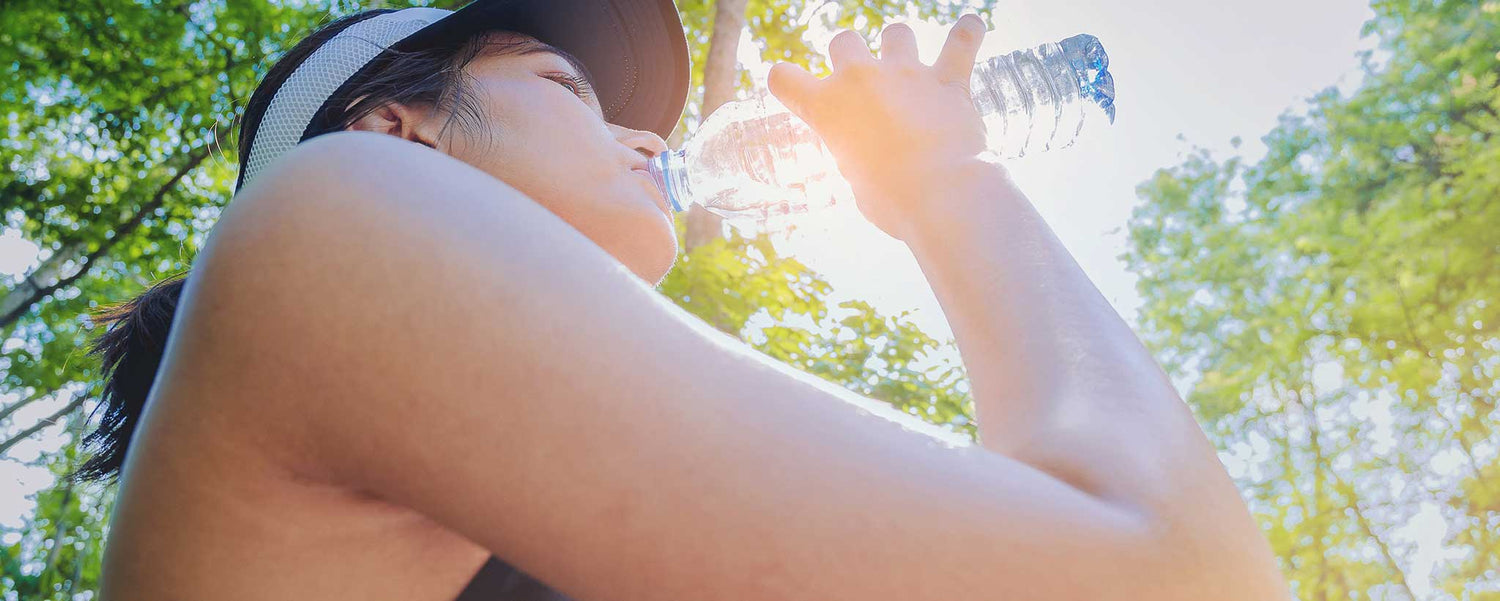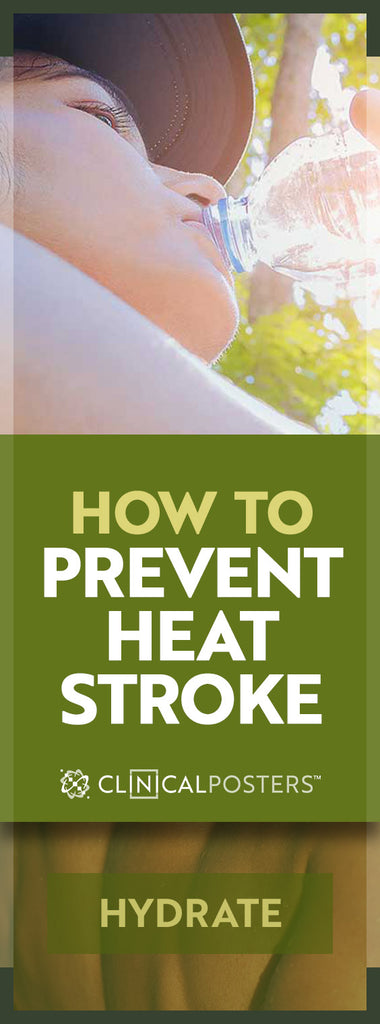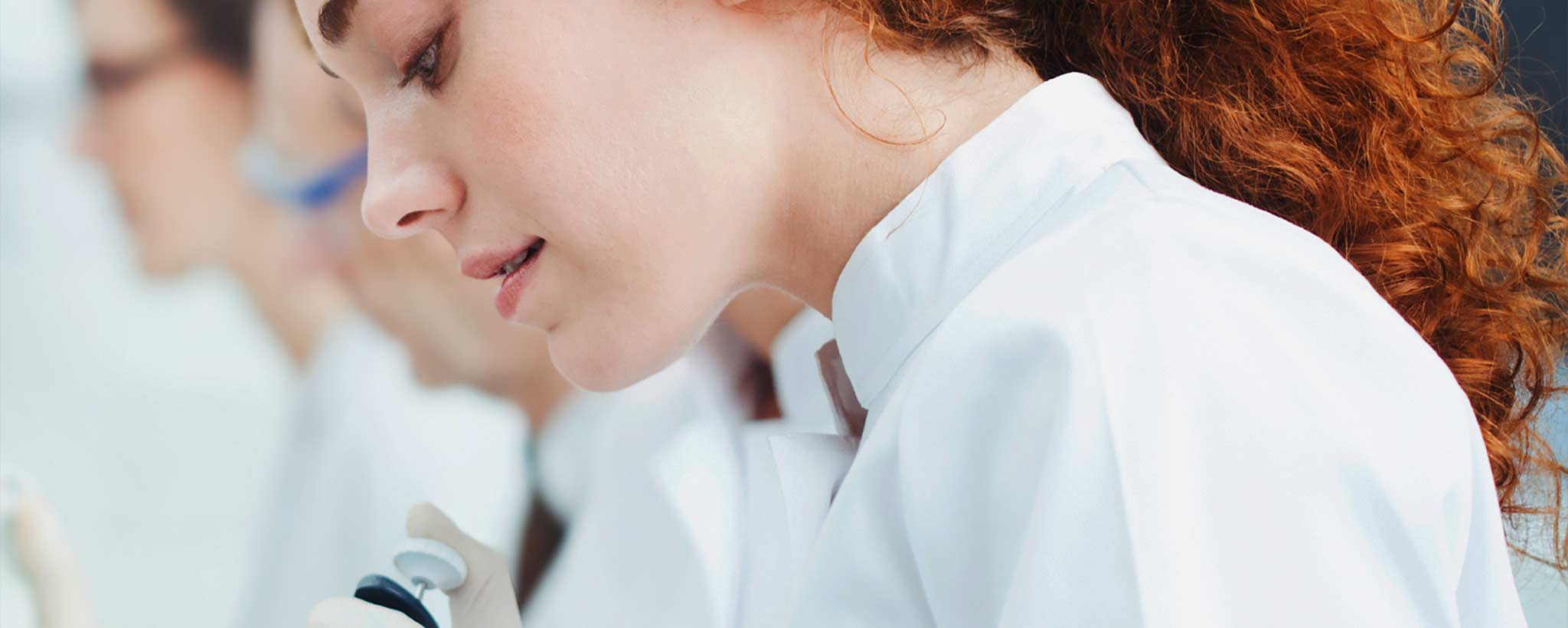If you can’t stand the heat, there may be a health problem.
Heat Stroke Dangers
At any given moment, you could be thrust into a life-saving predicament. The sun can be brutal. Heat stroke (also called sun stroke) is a serious medical condition. Though more likely to affect children and elderly, anyone can suffer the effects indoors or outside—particularly in very warm whether.
Our bodies’ natural defense against overheating is perspiration—or thermoregulation through the integumentary system. However, overexertion or too much heat, either too quickly or over an extended period of time, can prevent our bodies from cooling. As body temperature rises above 101° Fahrenheit (38.3° Celsius), delirium may set in. A body temperature over 104°F (40°C) triggers heat stroke or hyperthermia, with a likelihood of passing out.
Young children, in particular, may have seizures since their body’s ability to regulate temperature is not fully developed and they have faster metabolisms than adults. Elderly are also common victims of dehydration because many may not retain fluids well. Serious heat strokes result in more than 600 deaths per year in the United States.
Those who are overweight or not used to heat are more susceptible to heat-related illnesses. Beta blockers, diuretics, antihistamines, tranquilizers, antipsychotics and some illegal drugs—such as cocaine and amphetamines—can increase core body temperature.
Heat Stroke Prevention
Obviously it is better to prevent heat strokes than worry about how to treat them after someone collapses. When the outside temperature is 70°F (21°C), the temperature inside a car parked in direct sunlight can quickly exceed 120°F (49°C). Follow these tips from the Mayo Clinic:
- Wear loose-fitting, lightweight clothing.
- Protect against sunburn.
- Drink plenty of fluids.
- Take extra precautions with certain medications.
- Take it easy during the hottest parts of the day.
- Get acclimated.
- Be cautious if you are at increased risk.
Heat Stroke Treatment
In most cases, self-treatment involves resting in a cool place, drinking cool water or sports beverages, loosening clothing or taking a cool shower. Treatment is restoring lost water and mineral salts (such as sodium and potassium) that are dissolved in the blood (electrolytes), usually by drinking but sometimes with intravenous fluids.
Mix 1 quart water with ½ teaspoon table salt and 6 teaspoons sugar for an inexpensive at-home rehydration solution. Treat someone else similarly. You may need to remove excess clothing and pour cool water or apply damp cloths to torso and forehead. If unconscious, condition continues, or worsens within an hour, seek immediate medical attention.
To support the writing of useful articles about nutrition, ClinicalPosters sells human anatomy charts, scientific posters, and other products online. You may sponsor specific articles or remit a small donation.
ClinicalPosters sells human anatomy charts, scientific posters, and other products online to offset expense of the writing useful articles about nutrition. Slide extra posters into DeuPair Frames without removing from the wall.
Show your support by donating, shopping for ClinicalPins, or leaving an encouraging comment to keep the research going.
To support the writing of useful articles about nutrition, ClinicalPosters sells human anatomy charts, scientific posters, and other products online. You may sponsor specific articles or remit a small donation.
ClinicalPosters sells human anatomy charts, scientific posters, and other products online to offset expense of the writing useful articles about nutrition. Slide extra posters into DeuPair Frames without removing from the wall.
ClinicalPosters sells human anatomy charts, scientific posters, and other products online. You may remit a small donation.
You can support the writing of useful articles about nutrition by sponsoring specific articles or remitting a small donation. Visible content is optimized for device size.






